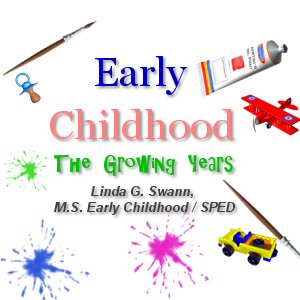Child Learners
 With school back in session this week, it may be a good time to consider how your child learns. Knowing the answer to this question will help your child if he/she is struggling in school. As you may know, there are three major learning styles, visual, auditory and kinesthetic or tactile. While children usually use all three styles, many have a primary style of learning. Understanding these styles will assist you in helping your child with homework or when learning new information..
With school back in session this week, it may be a good time to consider how your child learns. Knowing the answer to this question will help your child if he/she is struggling in school. As you may know, there are three major learning styles, visual, auditory and kinesthetic or tactile. While children usually use all three styles, many have a primary style of learning. Understanding these styles will assist you in helping your child with homework or when learning new information..
Visual learners are good at spelling but forget names. They understand charts and need quite places to study. They are not fond of lectures and need to look at the information. Their best ways to retain information is to:
- make outlines of information
- take notes and copy what’s on the board.
- color code words and important information
- make lists
- highlight and underline information
- draw maps of events in history
Auditory learners retain information best by hearing it. They look for explanations with questions, and like to read out loud, and/or give oral reports. They remember names, enjoy music, love the sound effects in movies, follow spoken directions well, are good at explaining about things and they read slowly. To gather maximum information, they need to:
- use word association to remember facts and lines.
- recite important information aloud, record it and play it back
- repeat facts out loud
- participate in group discussions
- tape notes after writing them and play them back to study
- have oral exams
- talk to themselves or with others about what they’re learning
- set information to a tune and sing it to help remember
Kinesthetic/tactile learners are children who learn through experiencing or doing things. They gather and retain information by manipulating objects. They thrive with physical experiments, and learn best by personal trials. They enjoy working in teams to figure out problems. They are good at sports and does not like to sit still for long periods. They fidget during lectures, and study best with loud music playing. Handwriting and spelling are not their strengths and they need study breaks. However, they may be exceptional at building models. For maximum success in school, they need to:
- have short definitions, fill-ins, multiple choice tests
- take lab classes
- use role playing
- take field trips to places studied
- study with partner
- use flash cards to manipulate what is being memorized
- study in short blocks
- play with a stress ball or toy while studying
- move around or taking frequent breaks
-
do hands-on activities, such as building models or playing game









